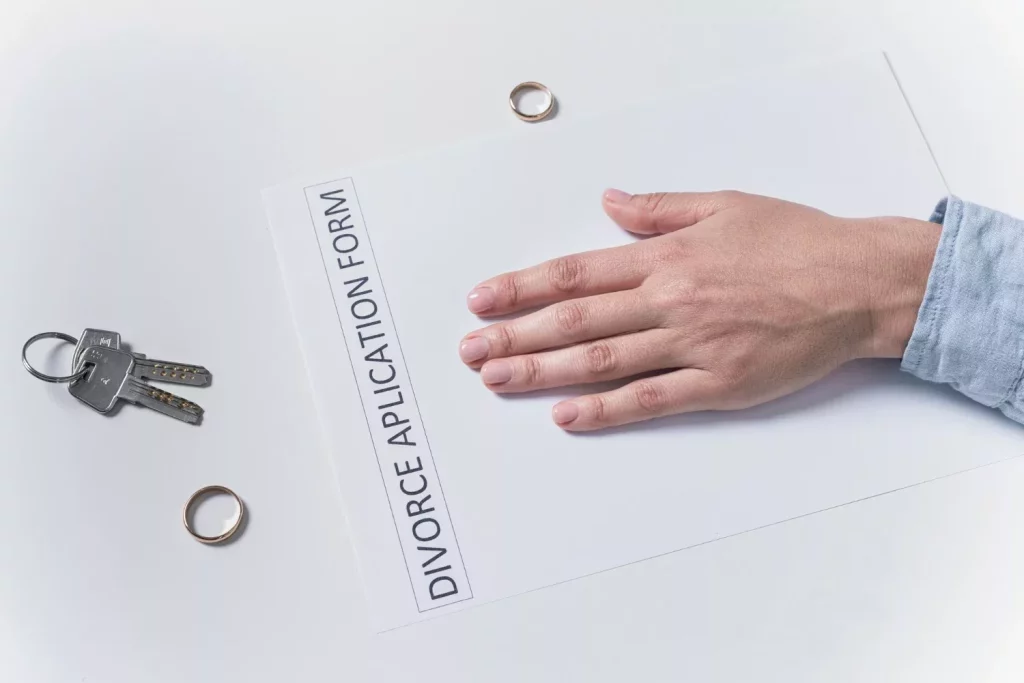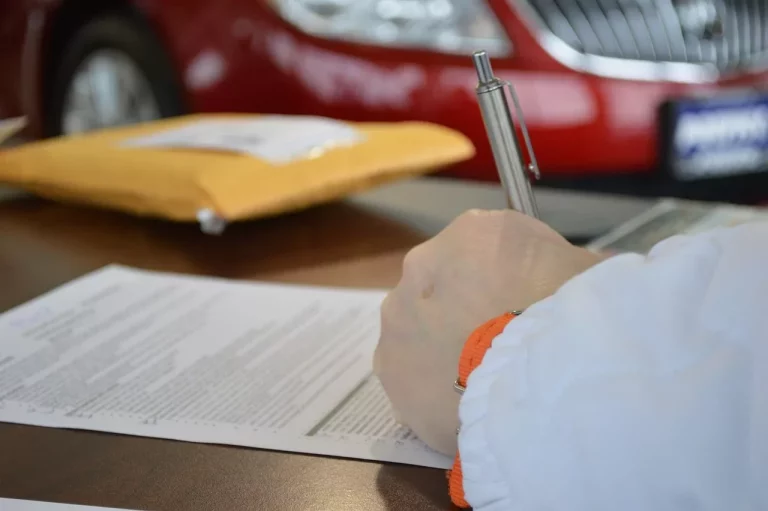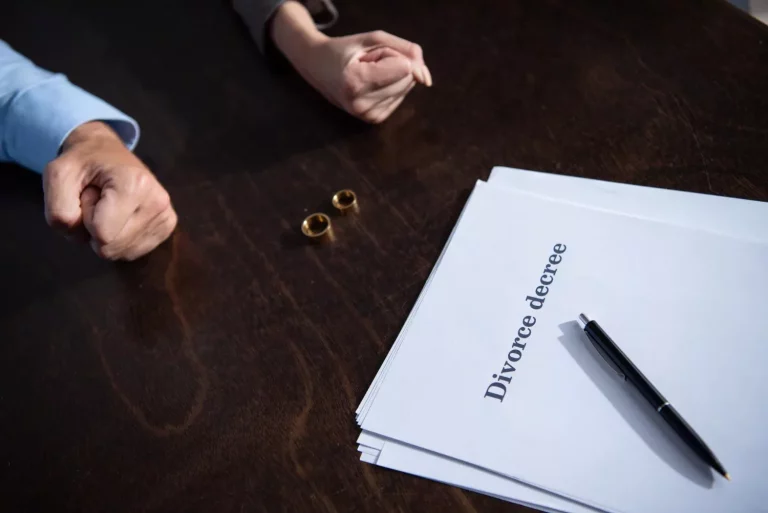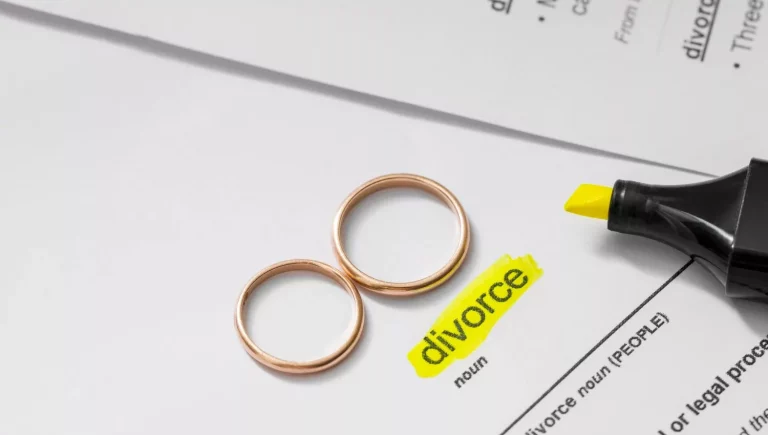Is Massachusetts a No Fault Divorce State
Ever wonder if Massachusetts is a no-fault divorce state? Our experienced divorce lawyers at TheBostonDivorceLawyer are here to explain everything you need to know. Find out how this law can affect your divorce case.
From the point of view of divorce laws in Massachusetts, it is not a no fault divorce state. Couples seeking divorce in Massachusetts must cite valid reasons such as adultery or cruelty in the divorce process.
Massachusetts divorce laws
No-fault divorce in Massachusetts allows a marriage to be legally ended without having to prove that one party was responsible for the breakdown. This is based on irreconcilable differences, meaning the couple cannot get along anymore. Either spouse can ask for a divorce without having to show the other did something wrong.
Massachusetts also has fault-based divorces for reasons like cheating, leaving the spouse, or being cruel and abusive. In these cases, the spouse asking for a divorce needs to provide evidence of the other spouse’s bad behavior.
For dividing property, Massachusetts uses equitable distribution. This means marital property and debts are split fairly, but not always equally. Believe it or not, factors like how long the marriage lasted, what each spouse contributed, and each spouse’s ability to earn money are considered.
Regarding alimony, Massachusetts offers both temporary and permanent. Temporary alimony helps the receiving spouse become financially independent. Permanent alimony is given when ongoing financial support is needed.
For child custody and support, Massachusetts focuses on what’s best for the child. They consider things like the child’s relationship with each parent, the stability of each home, and even the child’s own wishes. Child support is based on both parents’ incomes and the child’s financial needs.
In general, Massachusetts divorce laws are designed to provide a fair resolution for couples ending their marriage.
No-fault divorce definition
You know, in a fault-based divorce, one spouse has to prove the other did something wrong, like cheating or abuse. But in a no-fault divorce, the couple just has to say their marriage can’t be fixed.
Massachusetts is a no-fault divorce state. This means couples can divorce because of irreconcilable differences. It makes the process easier and less hostile since no one has to blame the other.
My point is, instead, the focus is on things like dividing property, alimony, and child custody.
In a no-fault divorce, the court doesn’t look at why the marriage ended when deciding on these matters. The main goal is to divide things fairly and take care of any children involved.
Requirements for filing
To get a divorce, you need to state the reason. This can be either no-fault or fault-based.
In a no-fault divorce, the reason is usually irreconcilable differences, meaning the marriage cannot be saved. In this case, neither person is blamed for the breakup.
In Massachusetts, you’ll need to fill out paperwork for a divorce and file it with the court. When all is said and done, the forms will ask for details like the date of your marriage, names of any children, and information about property or assets to be divided.
It’s important to follow all the steps required for filing a divorce in Massachusetts. This might include attending mediation sessions, sharing financial details, and going to court hearings as needed.
Knowing the steps for a divorce in Massachusetts is very important. By following these steps, you can move forward with legally ending your marriage smoothly and quickly.
Process of divorce in MA
To get a no-fault divorce in Massachusetts, the couple must have lived apart for at least six months before filing. If they have children, they need to attend a parenting education program before the divorce can be finalized.
Once the process starts, one person must give the other a summons and complaint. The person who gets this has 20 days to respond.
When all is said and done, if both agree on the terms, they can file together and attend a hearing to finish the divorce. If they can’t agree on things like child custody or dividing assets, the court will decide for them.
Both parties must share all their financial information, including assets, debts, and income, to ensure a fair settlement.
After the divorce is finalized, they are officially divorced and can remarry. Keep in mind, the process can take several months, depending on how complicated the case is and whether the parties agree on everything.

Impact on asset division
So to speak, when a couple divorces without blaming either person, it changes how their assets are divided. In Massachusetts, the goal is to split the assets in a way that is fair, rather than just splitting everything 50-50. Things like how much each person contributed to the marriage, how much they can earn, and their financial needs are all considered when dividing assets.
For real, also, in a no-fault divorce, decisions about alimony (or spousal support) aren’t based on who did something wrong. Instead, factors like how long the marriage lasted, each person’s income, and their financial needs are looked at to decide on alimony.
In Epilogue
Massachusetts is indeed a no fault divorce state. This means that couples can file for divorce without having to prove that one party was at fault for the marriage breakdown.
What TheBostonDivorceLawyers is recommending to secure is, instead, the focus is on a fair and equitable division of assets and responsibilities, making the process more streamlined and less contentious for both parties involved.







